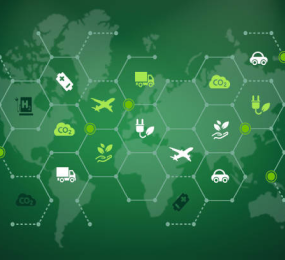Government Policies and Incentives for Bioplastics Adoption
The transition to a more sustainable economy necessitates innovative solutions to reduce plastic pollution. Bioplastics, derived from renewable resources, offer a promising alternative to traditional petroleum-based plastics. However, their widespread adoption is contingent upon favorable government policies and incentives.
Governments can play a pivotal role in promoting bioplastics by implementing regulations that incentivize their production and consumption. For instance, introducing mandatory quotas for bioplastic content in certain products can stimulate market demand and encourage manufacturers to explore bio-based alternatives. Additionally, tax breaks or subsidies for bioplastic production can lower costs and make these materials more competitive with traditional plastics.
Moreover, governments can support the development of bioplastics infrastructure by investing in research and development, facilitating access to raw materials, and promoting the establishment of biorefineries. These facilities can convert renewable resources into bioplastic feedstocks, reducing reliance on fossil fuels. Furthermore, governments can foster collaboration between industry, academia, and research institutions to accelerate the development of innovative bioplastic technologies.
By creating a conducive policy environment, governments can drive the adoption of bioplastics and contribute to a more sustainable future. Such initiatives can reduce plastic pollution, conserve resources, and stimulate economic growth.
Visit our website to know more: https://www.leadventgrp.com/events/3rd-annual-world-biopolymers-and-bioplastics-innovation-forum/details
For more information and group participation, contact us: [email protected]
Leadvent Group - Industry Leading Events for Business Leaders!
www.leadventgrp.com| [email protected]
















